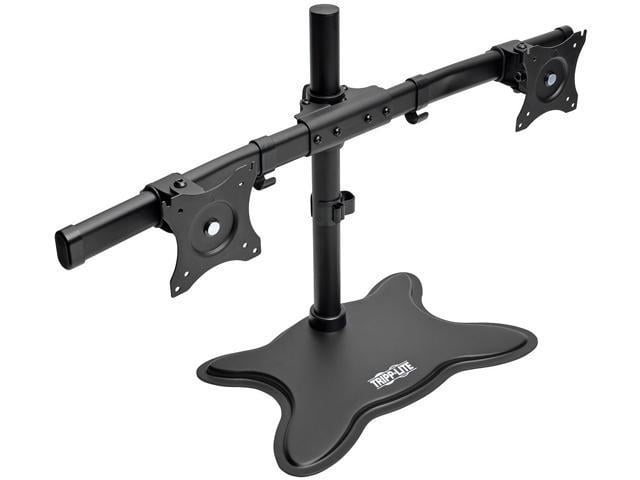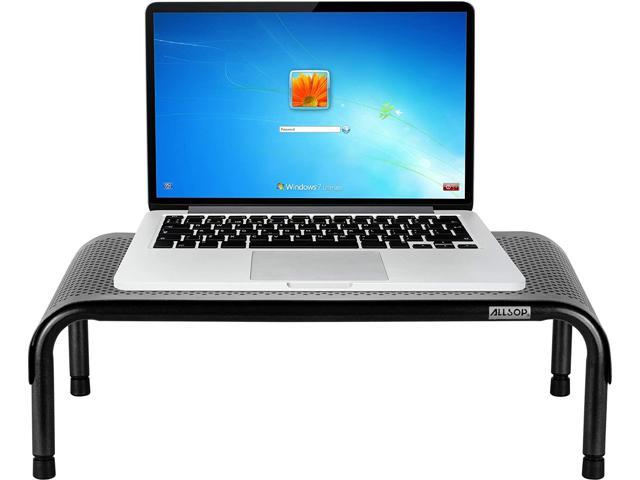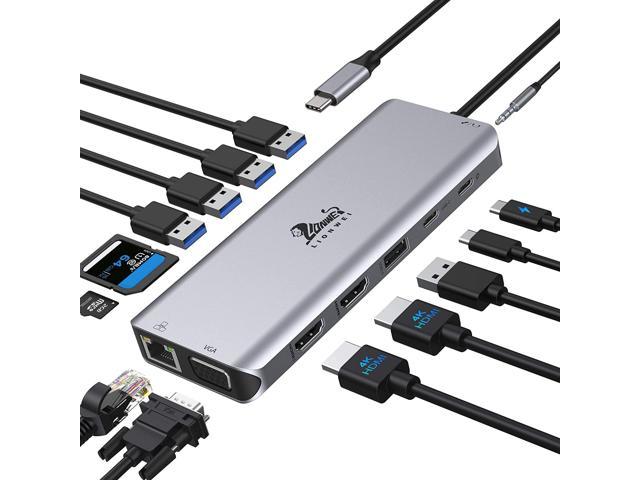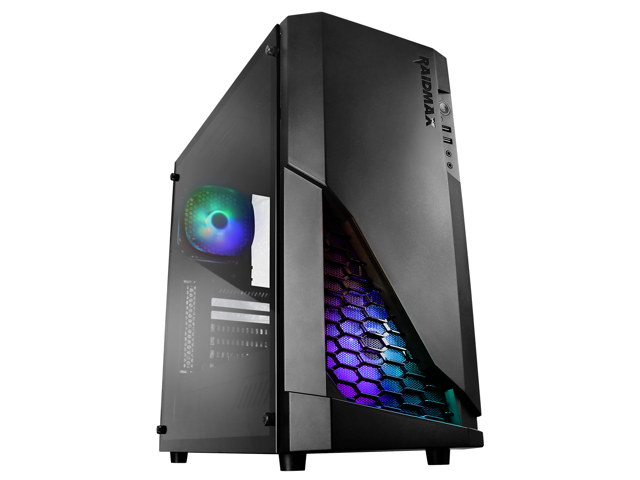The term ‘pre-autism’ is becoming more widespread as a result of growing awareness of the importance of a child’s first three years of life in diagnosing behaviours which, if untreated, can develop into autism. In this book we are shown the problems parents can experience when their young child does not respond to them in a ’typical’ way, how they often voice concerns that something is ’not quite right’ with their child, and how it is important to address these concerns, which may be signs of pre-autism. This book is about a new approach called ‘Re: Start’, developed by Stella Acquarone, to diagnose and treat early autism. In the Re: Start infant/family programme, a multidisciplinary team works with the parents and through the family relationships to reconfigure dysfunctional dynamics with the aim to “change destinies”.In the first section of the book we learn about the up-to-date research in psychoanalysis, neurobiology, and paediatrics which underpin the Re: Start intensive programme. In the second section, the programme itself is described in three parts: assessment, therapy, and follow-on care continuing the progress made during treatment in the child’s home environment. With this three-pronged approach a child’s early behaviours can be monitored and changed, giving a baby the best chance to develop into a healthy child, and even enter mainstream education. A sample timetable of the three-week intensive intervention is included as well as the scales and graphs used to assess the relationship and monitor progress in four areas: interpersonal, sensorial, motor and affect. In the third section we are presented with the testimonies of parents who have taken part in the programme. This book is equally important both as a documentation of a successful treatment model for researchers and clinicians, and as an aid for concerned parents to understanding pre-autistic behaviours and taking the necessary steps to help themselves and their children.















